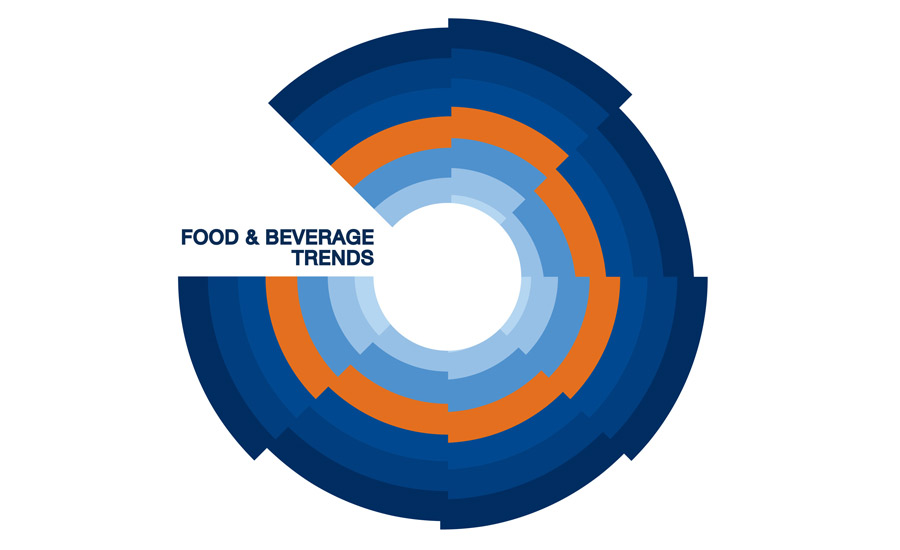Most Americans don’t know the true meaning of food labels like “cage-free,” “free-range,” or “grass fed” and falsely believe that farm animals are protected by laws or independent oversight according to the results of a new national survey released by the ASPCA® (The American Society for the Prevention of Cruelty to Animals®). The survey also showed that, despite their misconceptions, approximately three quarters of consumers surveyed are concerned about the welfare of animals raised for food and are paying more attention than they were five years ago to food labels that indicate how those animals were raised.
“Americans are increasingly concerned about the welfare of farm animals and want to make a difference when shopping for food, but are understandably confused by a number of misleading or meaningless labels,” said Daisy Freund, Director, ASPCA Farm Animal Welfare Program. “Consumers are willing to pay for more humane options but need help understanding which labels provide meaningful welfare improvements for farm animals."
Key findings of the survey:
- There are widespread misconceptions about what common labels actually mean for animal welfare: For example, 65% of consumers surveyed believe the term “free-range” ensures that the animal spent most of its time in a pasture. But in reality, there is no legal definition of “free-range” for pork, beef or dairy products. On poultry products, birds must have access to the outdoors, but the size, duration and quality of that outdoor experience is not defined.
- Consumers are confused about how animal welfare is monitored on farms: Nearly half of those surveyed believe that an independent inspector verifies the health and welfare of animals living on most farms. Actually there is no independent inspection or oversight of animal welfare on the vast majority of farms – a fact that sparked concern in three quarters of survey takers.
- Consumers are willing to pay more for products from farms that were audited to higher welfare standards, and desire more options: Sixty-seven percent of consumers say they are likely to buy meat, eggs and dairy products bearing a welfare certification label with meaningful standards, even if it meant paying a higher price for those products. In addition, 75% of consumers would like stores to carry a greater variety of welfare-certified meat, eggs and dairy.
